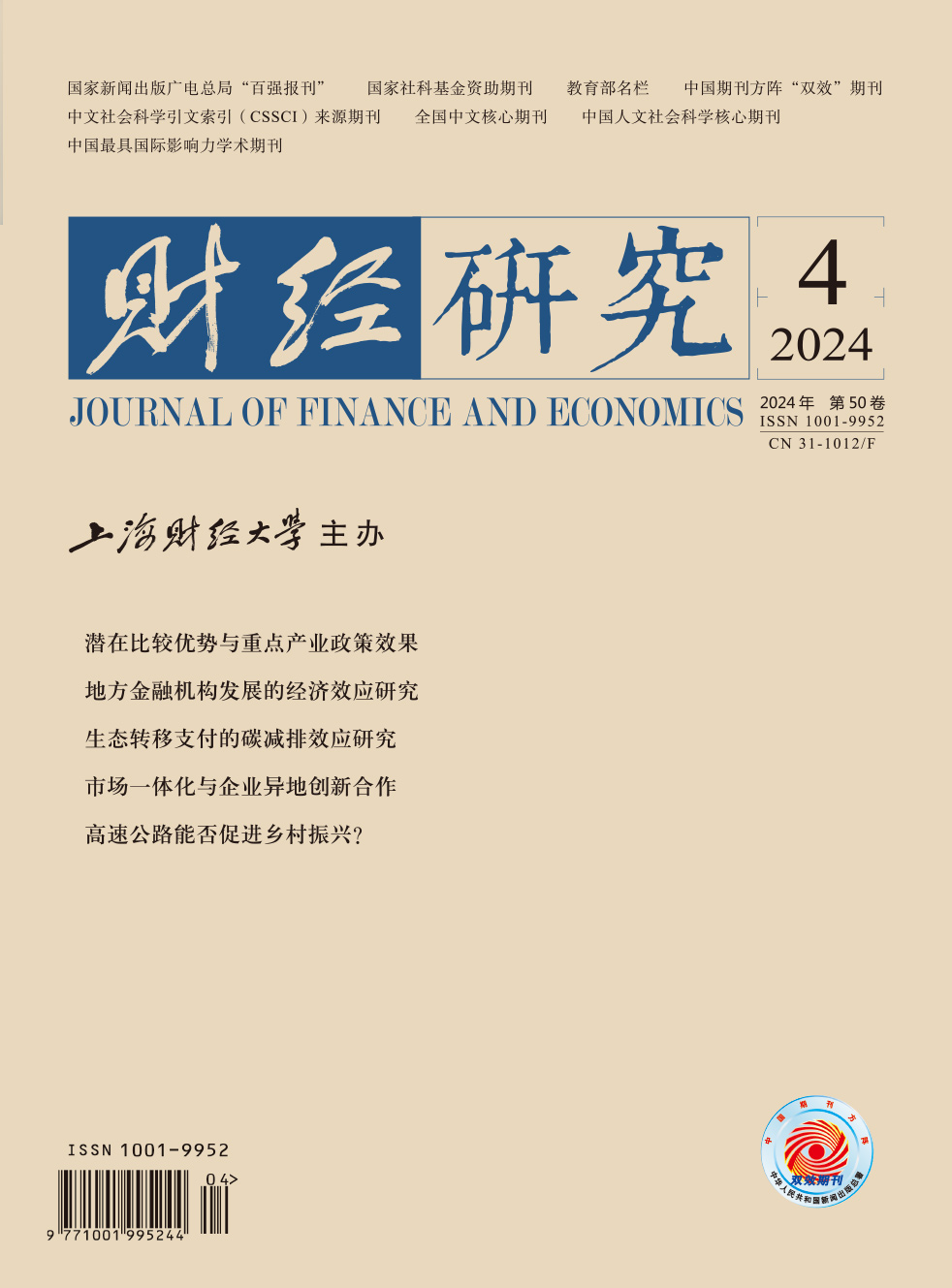The dominant explanation for why firms engage in charitable donations is that donations can be seen as strategic or instrumental investments that can help firms gain legitimacy and reputation, ultimately benefiting their financial performance. But is it possible that charitable giving is driven by top executives’ prosocial motives? And how do these prosocial motives arise? These questions have not been fully discussed in the existing literature. In response, drawing upon the upper echelons theory and the Confucian role transition doctrine, and using a sample comprising award-winning CEOs from China’s listed firms between 2005 and 2019, this paper attempts to examine the impact of CEO awards on corporate donations.
The results indicate that the firm will donate more subsequent to their CEO winning an award. And when the award-winning CEO works in the environment with more pronounced Confucian cultural atmosphere, the main effect will be strengthened. Moreover, the main effect is also more salient when the firm operates in a more competitive industry, suggesting competitive intensity reinforces the CEO’ psychological experience of eminence induced by winning awards. In further analysis, it is found that the positive main effect becomes stronger when the CEO has greater power, the firm has indirect contact with consumers, or the firm is under private ownership. And when the CEO has an imprint developed by experiencing particular environment where dominant ideology conflicting with the Confucian culture during a period of susceptibility in their early life, the effect of CEO awards on corporate donations will be weakened. In addition, the findings also reveal that CEO awards do not promote internal corporate social responsibility, nor increase abnormal perks.
This paper makes the following contributions: First, previous studies mainly focus on the effect of executives’ self-interest motives, while this paper highlights the impact of CEOs’ prosocial motives triggered by winning awards, enriching the literature on the antecedents of corporate charitable donations. Second, grounded in the Chinese context, it introduces the Confucian role transition doctrine into the topic of CEO awards, extending the theoretical mechanism regarding the impact of awards on CEOs’ cognition and their strategic decision-making. Third, prior research emphasizes the impact of CEO awards on firms’ economic behaviors or financial performance, while this paper further explores whether CEO awards affect firms’ social behaviors, complementing the research on the firm outcomes of CEO awards. In addition, the findings have some practical implications for establishing and optimizing incentive policies about encouraging corporate executives to drive corporate philanthropy.





 3914
3914  6172
6172

